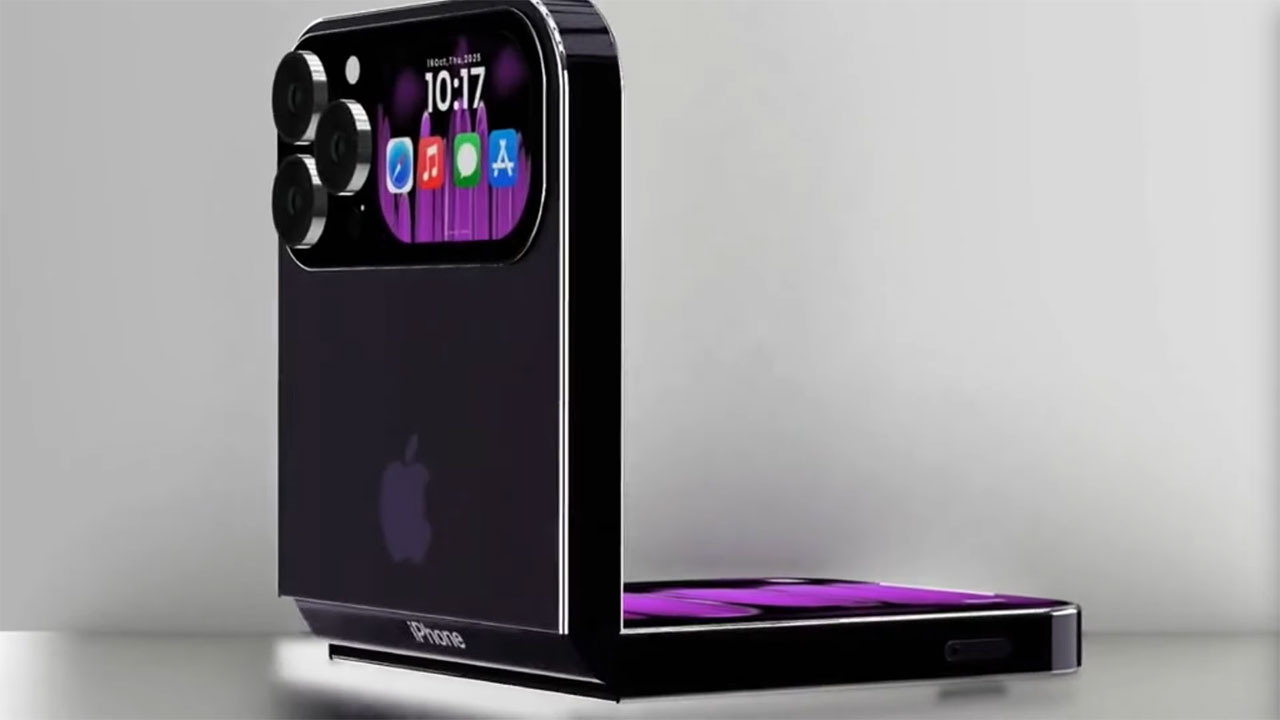
Renowned analyst Ming-Chi Kuo has stirred the tech world with his prediction that Apple may leapfrog the iPhone 19 and introduce the iPhone 20 directly in its 2027 lineup. This potential shift in naming convention is speculated to be a part of Apple’s plan to commemorate the 20th anniversary of the original iPhone. The move has sparked discussions about the future of Apple’s traditional numbering system for its flagship smartphones.
Analyst Predictions on iPhone Naming
Ming-Chi Kuo’s forecast suggests that Apple’s 2027 roadmap may bypass the iPhone 19 and proceed directly to the iPhone 20. This strategic decision, according to Kuo, is aimed at aligning the product’s name with a significant milestone in its history. The Apple Post provides further insights into Kuo’s analysis.
Such a move could have broader implications for Apple’s future device launches. If the company does decide to skip the iPhone 19, it could set a precedent for non-sequential naming in future iPhone models, potentially marking a significant shift in Apple’s branding strategy.
The Role of the 20th Anniversary
Apple’s potential plan to name the 2027 model the iPhone 20 is seen by many as a way to commemorate the 20th anniversary of the original iPhone. This anniversary timing could significantly influence the company’s marketing and product design strategies. MacObserver provides a detailed account of how this anniversary could shape Apple’s plans.
Historically, Apple has released special anniversary editions of its products, and the 20th anniversary of the iPhone could be an opportunity for the company to do the same. The iPhone 20 could potentially feature unique design elements or groundbreaking features to mark the occasion.
Evolution of iPhone Numbering Conventions
Since the launch of the first iPhone, Apple has consistently used sequential numbering for its models, from iPhone 1 through the projected iPhone 18. However, the prediction of a skipped iPhone 19 has prompted discussions on whether it’s time for Apple to drop numbers in favor of more descriptive naming. 9to5Mac conducted a poll on this topic, revealing mixed opinions among consumers.
Other tech companies have altered their product naming schemes over time, moving away from sequential numbering to more descriptive or thematic names. If Apple decides to follow suit, it could mark a significant shift in the company’s branding strategy.
Potential Reasons for Skipping the iPhone 19
Strategic alignment with the 2027 iPhone roadmap could be a key reason for Apple to skip the iPhone 19. This move could allow the company to emphasize milestone achievements over incremental updates, creating a stronger narrative for the iPhone 20. Phandroid provides further analysis on this topic.
Another reason could be Apple’s desire for a fresh branding approach tied to the 20th anniversary celebration. By skipping the iPhone 19, Apple could create a stronger impact and generate more buzz around the iPhone 20. There could also be technical or market factors that might support bypassing the iPhone 19 designation, although these are purely speculative at this point.
Industry Reactions and Consumer Impact
The potential skip has elicited a variety of reactions from the tech industry and consumers. While some believe that abandoning the numbering system could be a refreshing change, others argue that it could create confusion. The impact on consumer perception and purchasing decisions for the iPhone 20 launch could be significant, depending on how Apple manages the transition.
Broader tech industry commentary on the proposed naming change has been mixed. While some see it as a bold move, others question the necessity of such a change. Regardless of the differing opinions, the potential skip has certainly sparked a lively debate about the future of iPhone naming conventions.
Future Implications for Apple’s Roadmap
If Apple does decide to skip the iPhone 19 and launch the iPhone 20, it could shape the company’s product roadmap beyond 2027. The iPhone 20 could potentially introduce groundbreaking features or design elements to mark the 20th anniversary, setting a new standard for future models.
In the long term, this move could also affect Apple’s competitive positioning in the smartphone market. By aligning its product naming with significant milestones, Apple could create a stronger narrative around its products, potentially enhancing its brand appeal. However, these are merely projections at this point, and only time will tell how Apple’s potential naming shift will play out.
More from MorningOverview